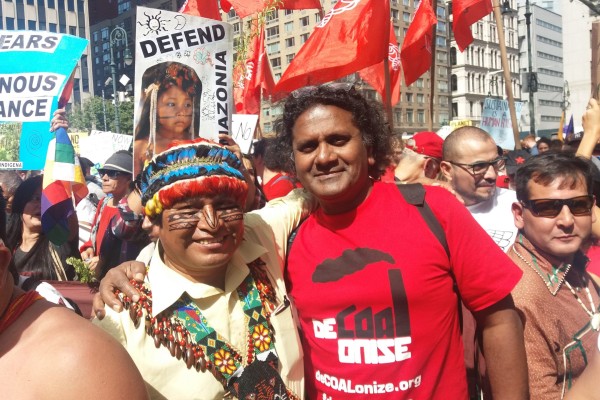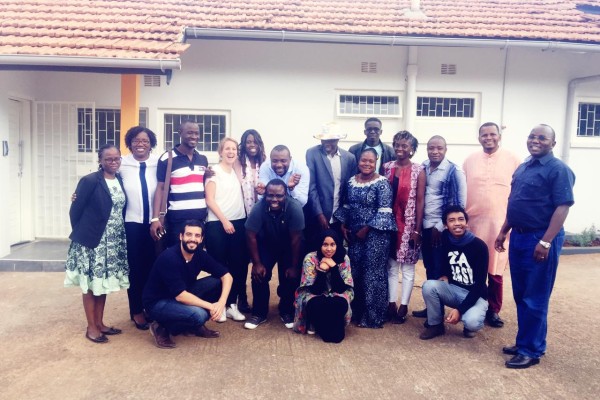The Republic of Guinea’s economy has been largely dependent on the mining sector, which accounts for 26% of the country’s gross domestic product. The extractives sector accounted for about 95% of export earnings in 2011. Important minerals include bauxite, diamonds, gold, iron ore, and aluminum. In addition, several international companies are also undertaking oil exploration. With more than $50 billion in expected investments by 2025, the mining sector is only expected to grow, and likely to considerably affect the lives and lands of tens of thousands of people. The investments also include related infrastructure projects, such as a 650km of rail roads, new roads, and a deep-water port.
Although there has reportedly been an improvement in transparency within the extractives sector, significant concerns regarding the implementation of responsible mining policies remain. A reformed mining law from 2011 includes provisions to support anti-corruption, environmental protection and community development efforts; however, these measures are rarely enforced.
Our work in Guinea aims to:
- Examine the strategies used by communities and civil society to mitigate the impacts of extractives and infrastructure projects.
- Offer adequate remedies to the people affected by extractives and infrastructure projects.
- Develop a set of recommendations to improve the policy and regulatory system.
- Improve programmes seeking to protect communities from the impacts of extractives projects.




